Mane Tsaturyan: “Armenia’s Foreign Policy Options Within China’s Belt and Road Initiative: A Small State Perspective”
Place & Time
Date: 20 January, 15:15-17:00
Place: NI:C0933 seminar room, 9th floor, Niagara, Nordenskiöldsgatan 1
Or Online: https://mau-se.zoom.us/j/68831376873, Meeting ID: 688 3137 6873
Bio
Mane Tsaturyan is an International Relations specialist currently working at the Delegation of the European Union to Armenia, where she prepares briefings, assessments, and detailed political reports on developments in Armenia and the wider region. She holds a Master’s degree in European Interdisciplinary Studies from the College of Europe in Natolin, where she was awarded the United Nations Award for the Best Thesis on “Europe, Multilateralism, and the UN.” She also holds a Master’s degree in World Politics from Yerevan State University, and is an alumna of the Diplomatic Academy of the MFA of Armenia. Her areas of expertise include EU foreign policy, multilateralism, the UN, the migration–foreign policy nexus, security, China, and Armenia.
Abstract
How does a small state like Armenia navigate one of the world’s largest infrastructure and economic projects, China’s Belt and Road Initiative (BRI)? In this talk, I will present my research exploring Armenia’s foreign policy choices within the BRI framework, especially after the 2020 Nagorno-Karabakh War. Using small state theory, we will look at the unique challenges and opportunities Armenia faces in balancing security concerns with the desire for economic integration. I will highlight why, despite the BRI being over a decade old, Armenia remains largely outside its main corridors, and what this reveals about the delicate strategies small states use to engage with global mega-initiatives.
Welcome to RUCARR seminar 20th January!



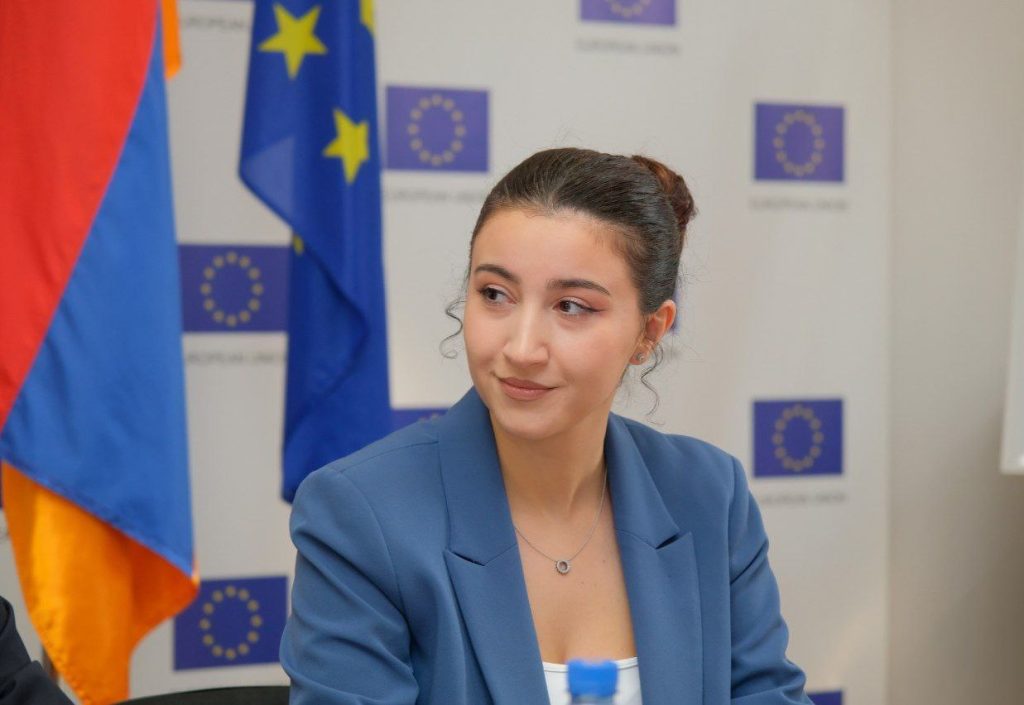
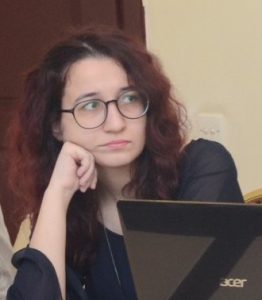
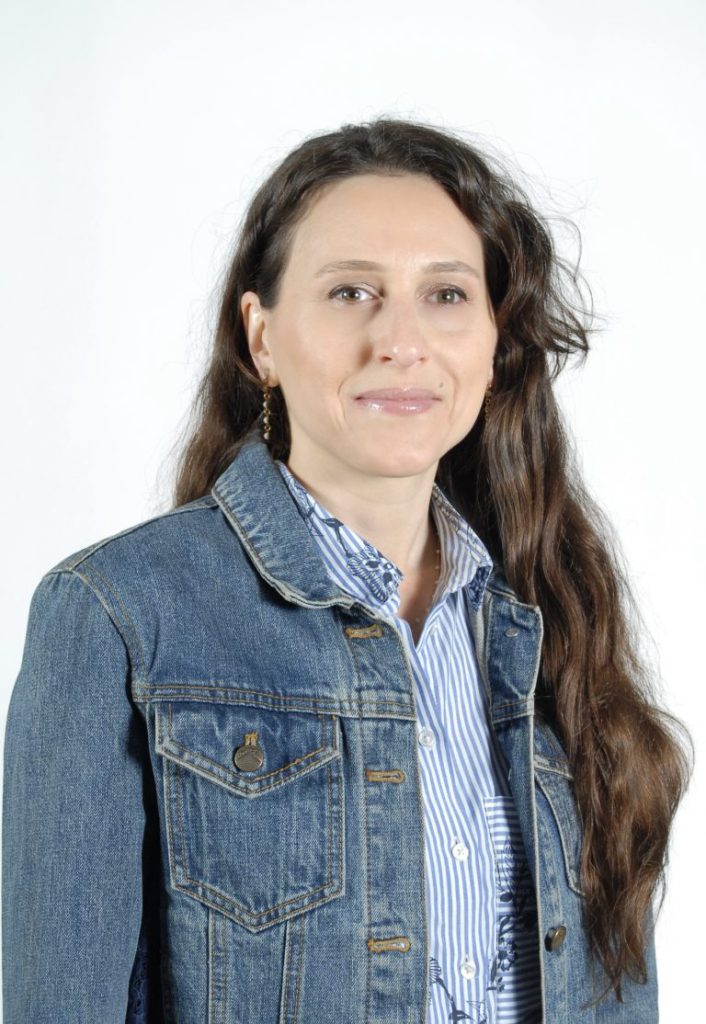 Valentina Gevorgyan – is a researcher of social and political developments in hybrid regimes with problematic post-Soviet legacy. Her academic interests centre on civil society, state-society relations, cultural policy and the EU accession and democratisation processes of the EU’s Eastern Partnership countries. She holds PhD in Political Science from University of Fribourg (Switzerland), and MA in Political Science from American University of Armenia.
Valentina Gevorgyan – is a researcher of social and political developments in hybrid regimes with problematic post-Soviet legacy. Her academic interests centre on civil society, state-society relations, cultural policy and the EU accession and democratisation processes of the EU’s Eastern Partnership countries. She holds PhD in Political Science from University of Fribourg (Switzerland), and MA in Political Science from American University of Armenia.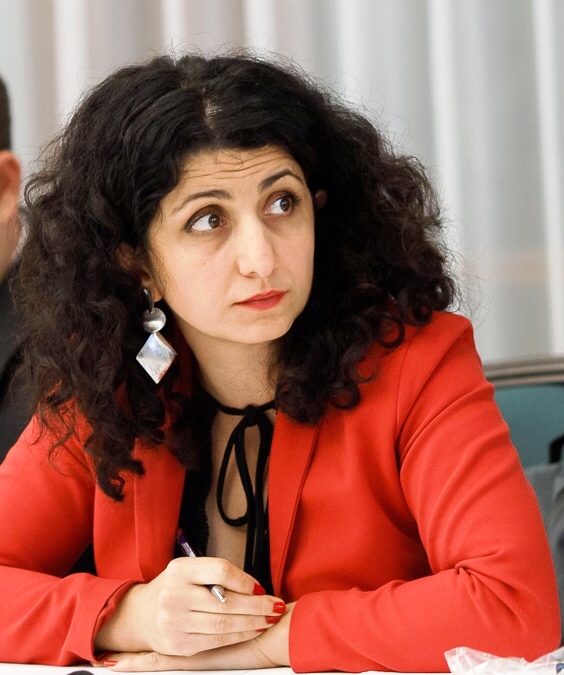 Anna Melikyan – Since 2020, Anna Melikyan is a Legal Analyst with the Armenia-based human-rights NGO “Protection of Rights Without Borders”. She also manages projects in the field of justice sector and anti-corruption reform in Armenia. Prior to that, Ms. Melikyan worked in the field of human rights and conflict settlement for international organizations, including the OSCE Mission to Moldova, OSCE Office for Democratic Institutions and Human Rights and Office of the UN High Commissioner for Human Rights, Mission to Osh. In 2012-2017, Anna worked for the Armenian NGO “Civil Society Institute” as Director and Human Rights Officer.
Anna Melikyan – Since 2020, Anna Melikyan is a Legal Analyst with the Armenia-based human-rights NGO “Protection of Rights Without Borders”. She also manages projects in the field of justice sector and anti-corruption reform in Armenia. Prior to that, Ms. Melikyan worked in the field of human rights and conflict settlement for international organizations, including the OSCE Mission to Moldova, OSCE Office for Democratic Institutions and Human Rights and Office of the UN High Commissioner for Human Rights, Mission to Osh. In 2012-2017, Anna worked for the Armenian NGO “Civil Society Institute” as Director and Human Rights Officer.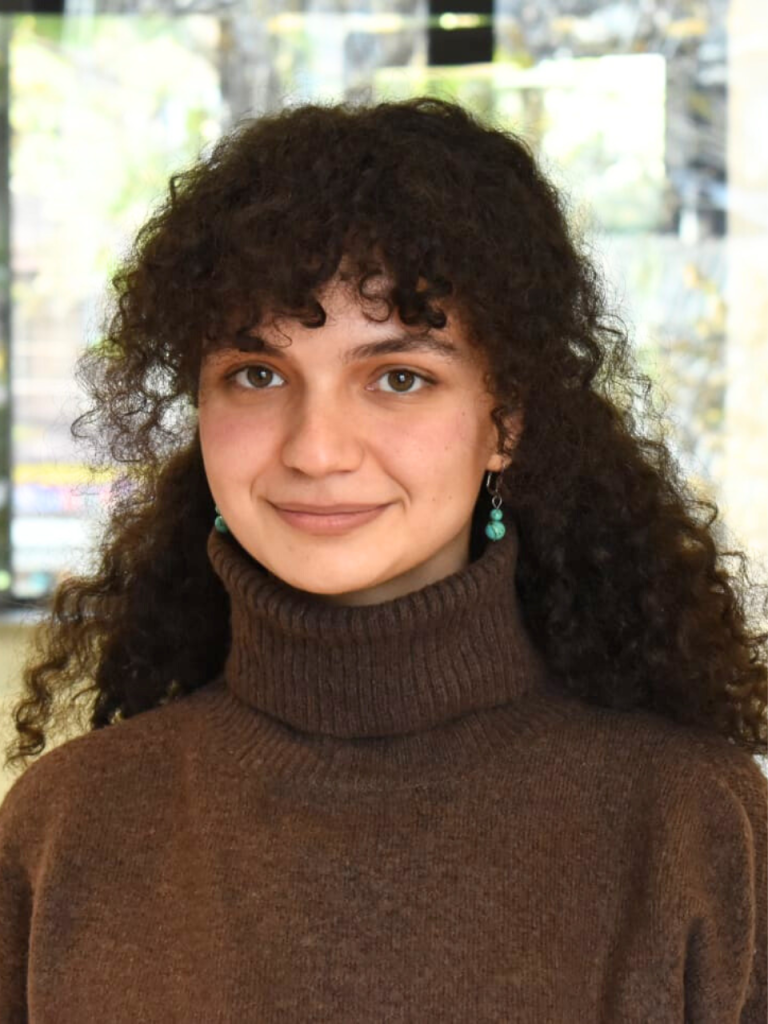 Srbuhi Michikyan – is a Research Associate at Caucasus Research Resource Center (CRRC) – Armenia Foundation. She holds a Master’s degree in Research Methodology and a Bachelor’s degree in Sociology, both earned from Yerevan State University. She spent one semester of her Master’s degree studies at University of Hradec Kralove, Czech Republic. Now she is a Ph.D. student in sociology at the Yerevan State University. Since 2018, she has been actively engaged with academic institutions, research institutes, and civil society organizations in Armenia. Srbuhi’s research interests encompass a wide range of sociological themes, with a particular focus on Inequality, urban studies, and space and place transformation studies. She has contributed to the academic discourse through the publication of several scholarly articles and analytical reports on these subjects. In her research activities, she employs a mixed approach, conducting both qualitative and quantitative analyses. Also, she is an expert of accreditation of Higher Education and worked as a student-expert both in Armenia and abroad. She has experience of coordinating and organizing local and international workshops and trainings. Currently she is a Research Fellow with the RWI Armenia Programme visiting Lund, until June 2024.
Srbuhi Michikyan – is a Research Associate at Caucasus Research Resource Center (CRRC) – Armenia Foundation. She holds a Master’s degree in Research Methodology and a Bachelor’s degree in Sociology, both earned from Yerevan State University. She spent one semester of her Master’s degree studies at University of Hradec Kralove, Czech Republic. Now she is a Ph.D. student in sociology at the Yerevan State University. Since 2018, she has been actively engaged with academic institutions, research institutes, and civil society organizations in Armenia. Srbuhi’s research interests encompass a wide range of sociological themes, with a particular focus on Inequality, urban studies, and space and place transformation studies. She has contributed to the academic discourse through the publication of several scholarly articles and analytical reports on these subjects. In her research activities, she employs a mixed approach, conducting both qualitative and quantitative analyses. Also, she is an expert of accreditation of Higher Education and worked as a student-expert both in Armenia and abroad. She has experience of coordinating and organizing local and international workshops and trainings. Currently she is a Research Fellow with the RWI Armenia Programme visiting Lund, until June 2024.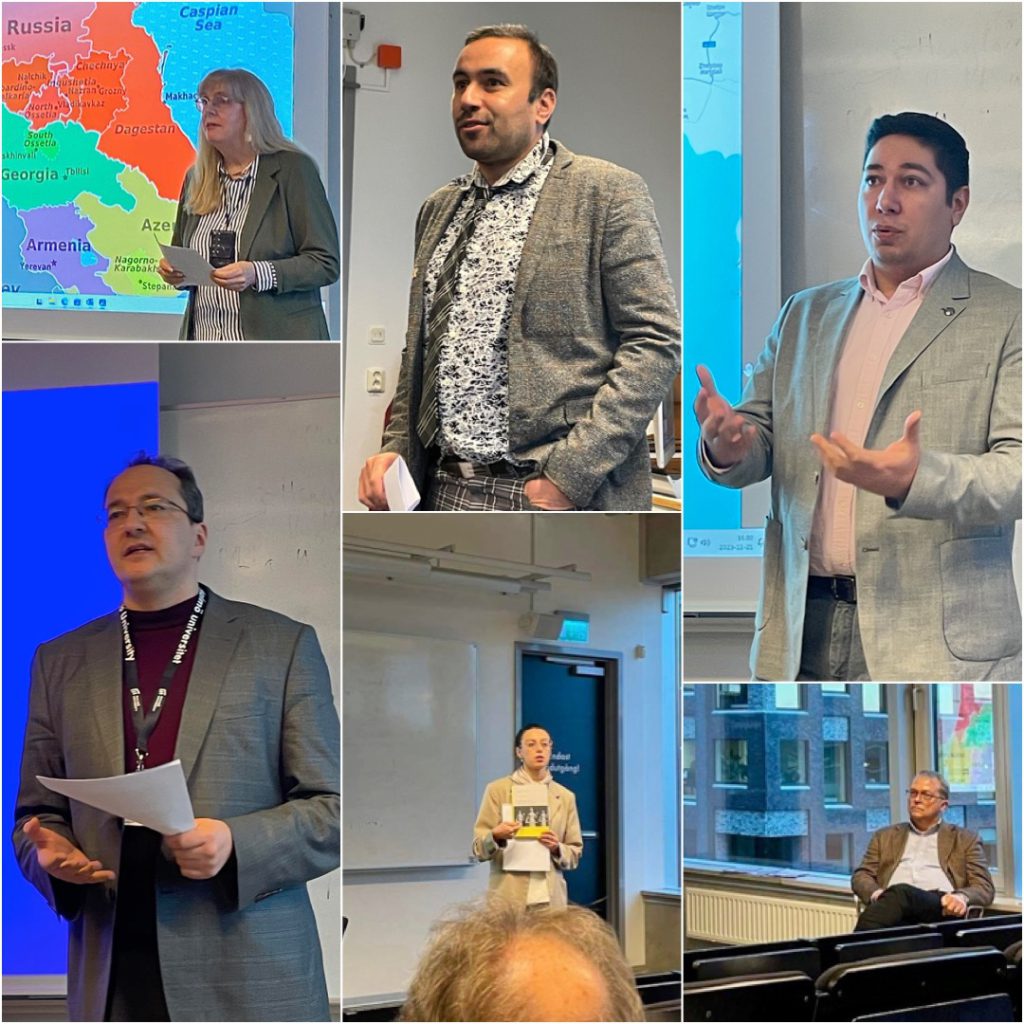
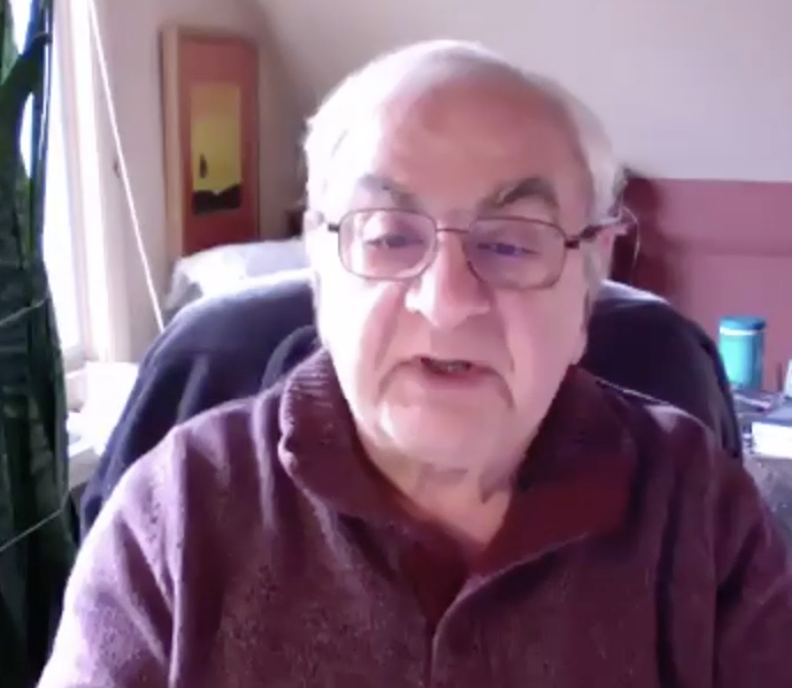 Prof. Gerard Jirair Libaridian, professor (emeritus) of history at the University of Michigan, former advisor to the first President of the Republic of Armenia on foreign and security policies. (photo)
Prof. Gerard Jirair Libaridian, professor (emeritus) of history at the University of Michigan, former advisor to the first President of the Republic of Armenia on foreign and security policies. (photo)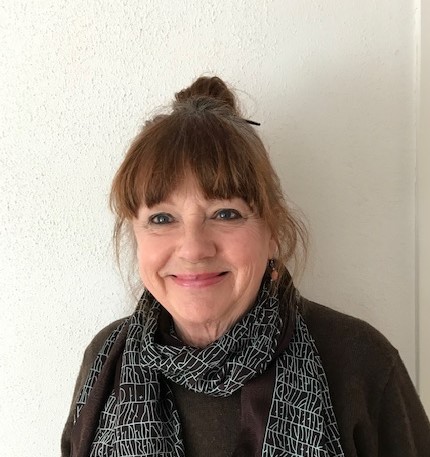 Magnusson, Märta-Lisa and Karina Vamling. (2023). Ryssland mot Turkiet i Nagorno-Karabach. Forskning & Framsteg.
Magnusson, Märta-Lisa and Karina Vamling. (2023). Ryssland mot Turkiet i Nagorno-Karabach. Forskning & Framsteg. 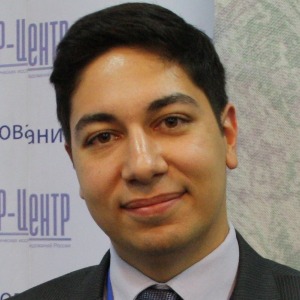 Makili-Aliyev, Kamal (2020).
Makili-Aliyev, Kamal (2020). 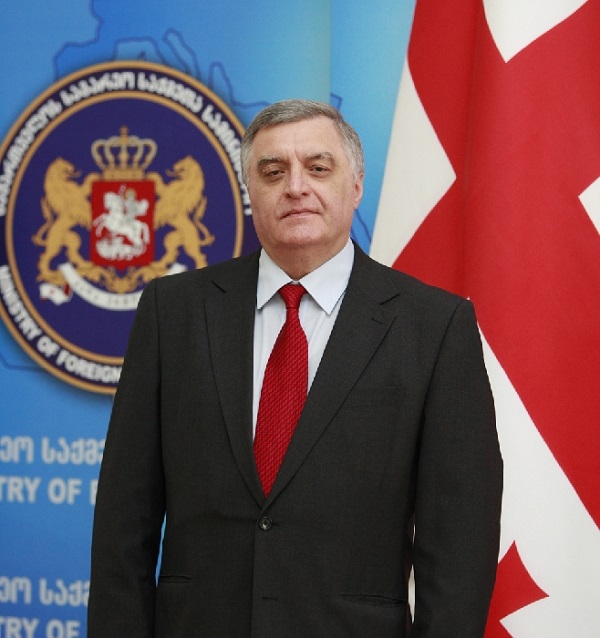 Welcome to the RUCARR seminar on November 15 with Dr. David Aptsiauri, who has served many years as Georgia’s Ambassador to China, Mongolia and the Socialist Republic of Vietnam.
Welcome to the RUCARR seminar on November 15 with Dr. David Aptsiauri, who has served many years as Georgia’s Ambassador to China, Mongolia and the Socialist Republic of Vietnam.
 RUCARR is inviting to the Zoom-webinar taking place on December 8th at 18:00 (CET) / 12 pm (EST) / 9 am (PST). The webinar is dedicated to the Nagorno-Karabakh conflict.
RUCARR is inviting to the Zoom-webinar taking place on December 8th at 18:00 (CET) / 12 pm (EST) / 9 am (PST). The webinar is dedicated to the Nagorno-Karabakh conflict.